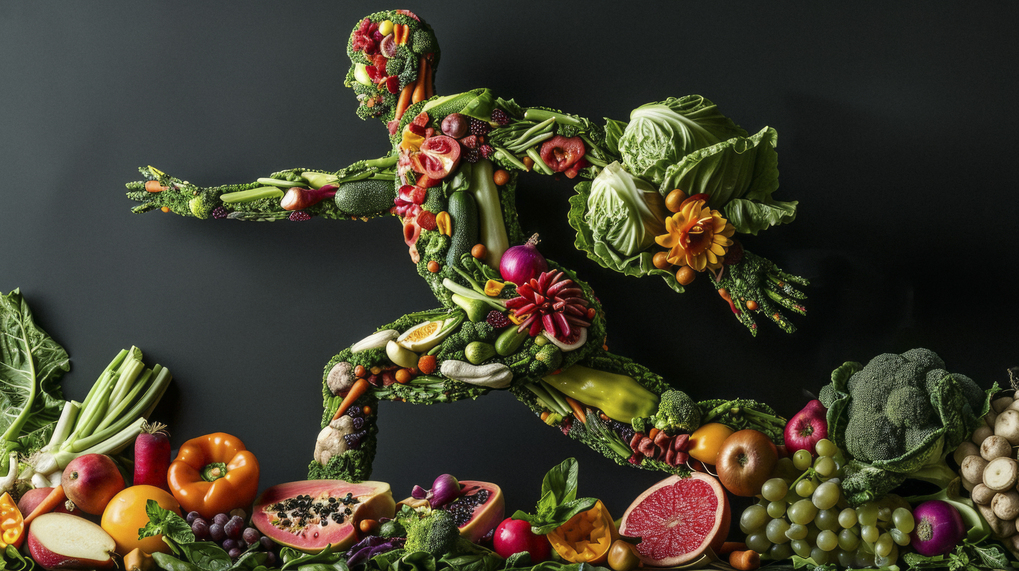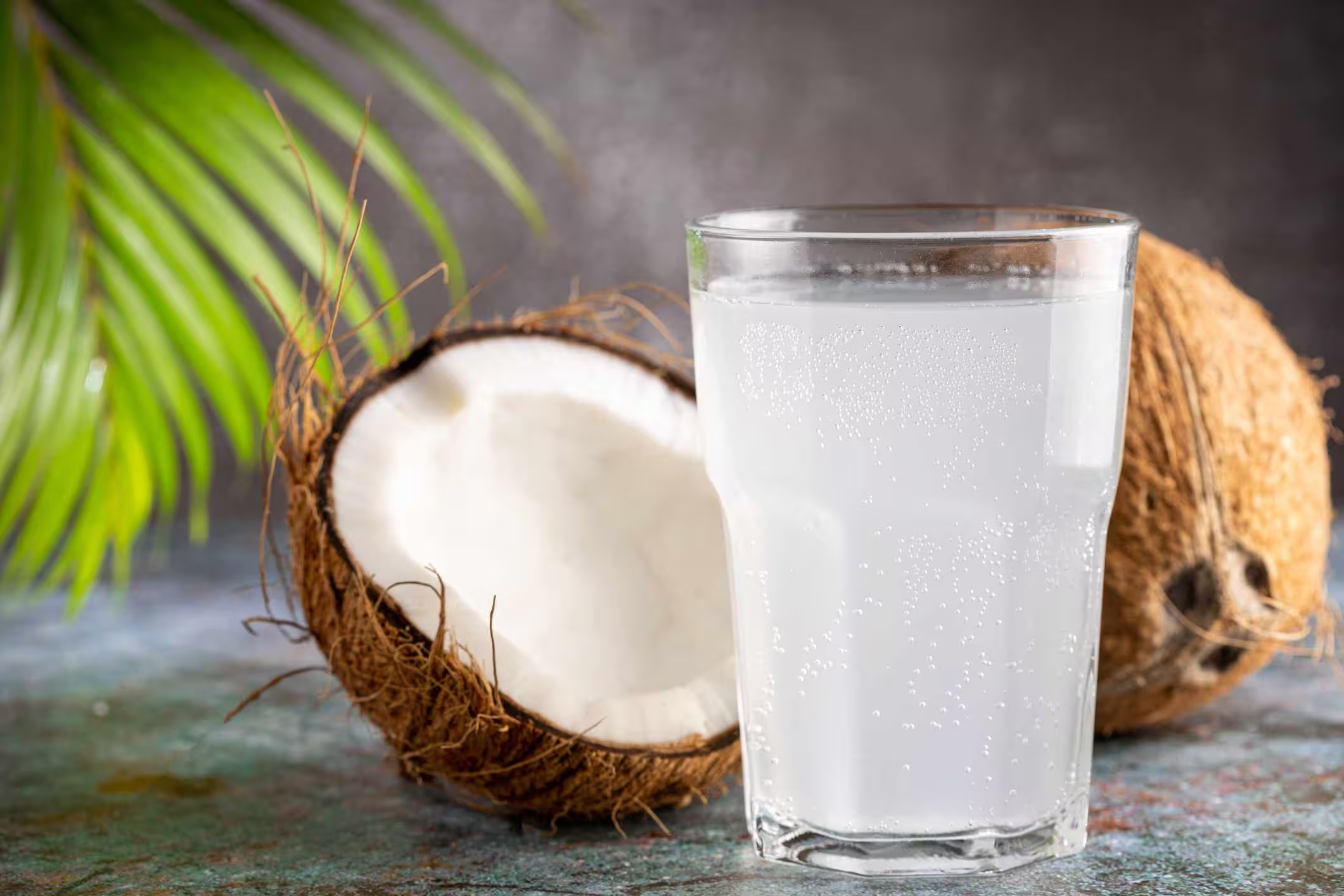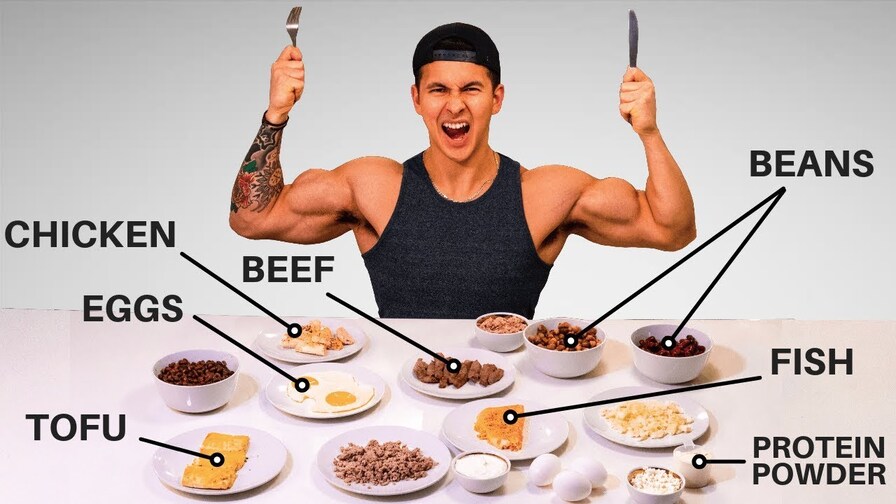If you’ve ever gone through the discomfort of food poisoning, you understand the importance of selecting simple, easily digestible foods like plain crackers to alleviate indigestion symptoms.
The most digestible foods are typically low in dietary fiber and fat. They also boast mild flavors, often lacking acidity and heat. Moreover, foods that are soft or simple to chew or swallow are easier to digest compared to dry, tough, or chewy options.
Opting for easily digestible foods provides your gastrointestinal (GI) system with some relief. Digestion is an energy-intensive process, requiring both mechanical energy, like chewing, and chemical energy, like the actions of stomach acid and digestive enzymes in the small intestine.
Prioritizing easy digestible foods when you’re feeling unwell or experiencing GI issues such as diarrhea can help alleviate strain on your GI tract. Essentially, it reduces the workload of your body’s digestive processes.
Following are the five food categories that are gentle on the stomach and bowels when you’re diesgetive system is disturbed.
1. Flour Related Products
While most individuals could benefit from boosting their fiber intake, those dealing with gastrointestinal (GI) upset might be advised to temporarily opt food that is low in fiber . Fiber, an indigestible carbohydrate, travels through your digestive system without undergoing breakdown.
Food that is high in fiber such as whole grains can increase the volume of undigested material in the GI tract and accelerate intestinal movement, potentially exacerbating symptoms like abdominal bloating and diarrhea.
Grain products that go through refining like white bread, paste and rice have contain very low fiber. hence choosing these lower fiber alternatives can provide timely relief to your intestines during episodes of digestive discomfort.
2. Fruits That Are Cooked ,Canned or Peeled.
Certain fresh fruits can be challenging to digest due to their high fiber content, mainly found in their peels and seeds. For instance, raspberries rank among the top fiber-rich fruits due to their substantial seeds.
If you’re experiencing gastrointestinal (GI) symptoms like nausea or diarrhea, opting for lower-fiber fruits such as ripe bananas or melons might be beneficial. Additionally, removing the skins from fruits like apples and pears is advisable during episodes of digestive discomfort.
Fruits like stewed plums or canned peaches are also gentle on the stomach. When purchasing canned fruit, opt for varieties packed in water rather than syrup to minimize added sugar intake.
3. Cooked Vegetables
Similar to fresh fruits, raw vegetables pose a greater challenge to digestion compared to cooked ones. When vegetables are cooked, their plant cell walls soften, and their components, such as starches, become more easily accessible to digestive enzymes in the body. Consequently, cooked vegetables are gentler on the digestive system.
vegetables that are easy to digest when cooked well include:
- Carrots
- Beets
- Green beans
- Potatoes
- Spinach
- Squash
4. Tender Proteins
While animal proteins typically lack fiber, they can still pose digestion challenges if they’re high in fat ,chewy or tough.
Go for tender, easily chewable proteins with low or moderate levels of dietary fat. Some of the best examples are eggs and lean ground meats.
Protein obtained from plants like nut butters and soft tofu can be best nutritious alternatives that are generally easier on the digestive system.
5. Smoothies & Soups
The way foods are prepared can influence how easily they’re digested. While altering texture through methods like blending doesn’t alter the fiber content of foods, it can reduce the size of fiber particles in plant-based foods, which may make them more digestive-friendly.
For example, consider the difference between raw and cooked kale. Raw kale tends to be bulky and tough, but when cooked and blended into a soup, it becomes softer, potentially enhancing its digestibility.
The same principle applies to fibrous fruits like berries when they’re blended into smoothies. Blending berries doesn’t remove their fiber, but it does help break down their seeds, aiding the mechanical digestion process that typically starts in the mouth.
Food Tough on the Digestive System
The impact of foods that are hard to digest can vary depending on the underlying cause of your symptoms. For instance, while peppermint tea might exacerbate GERD symptoms, it could provide relief for mild stomach issues or nausea.
Not all foods listed below will necessarily worsen your symptoms. Your tolerance for different foods is unique and may hinge on the specific reasons behind your gastrointestinal discomfort.

Typically foods that are hard to digest include:
- Vegetables in raw form or in food High qunatity of fiber like onions, garlic, cauliflower,and broccoli.
- Foods with resilient fibers having a bit thick seeds , peels and stems , example includes Pomegranates,Asparagus and Broccoli.
- lentils , beans and chickpeas or any food that comes under the category of Legumes.
- Different kind of dry fruits or sees , including Whole nuts.
- Popcorn.
- Tomato based products, citrus fruits and other Acidic foods.
- Foods with high level of spice.
- Any Sort of Alcohol.
- Black tea , coffee and other Caffeinated beverages.
- Food High in fat and/or fried.
- Driedor Processed meats like hot dogs ,sausages and jerky.
- Dried meats like jerky.
- Artificial sweeteners.
Who Could Benefit from Easy Digestible Foods?
There are several scenarios in which consuming easily digestible foods might be necessary.
Following surgeries involving the gastrointestinal (GI) tract, a gradual return to regular eating may be recommended. This often begins with clear liquids, followed by purees and other easily digestible options, reducing strain on the digestive system and aiding in post-surgical healing.
During bouts of severe gas, nausea, vomiting, or diarrhea, focusing on bland, easy digestible foods can provide relief.
Individuals diagnosed with certain medical conditions may also find temporary relief by opting for easily digestible foods, including:
- Active gastritis ( inflammation of the stomach).
- Cancers that need radiation therapy to lower abdomen.
- Inflammatory bowel disease
- Gastroesophageal reflux disease
- Gastroparesis (Slowed digestion)
- Stomach ulcers.
- Diverticulitis ( Intestine inflammation).
While exclusively consuming easily digestible foods may seem restrictive, it’s crucial to consult with a gastroenterologist to identify the underlying cause of digestive discomfort. Working with a registered dietitian can also help create a well-rounded, nutritionally complete diet that is gentle on the digestive system.




